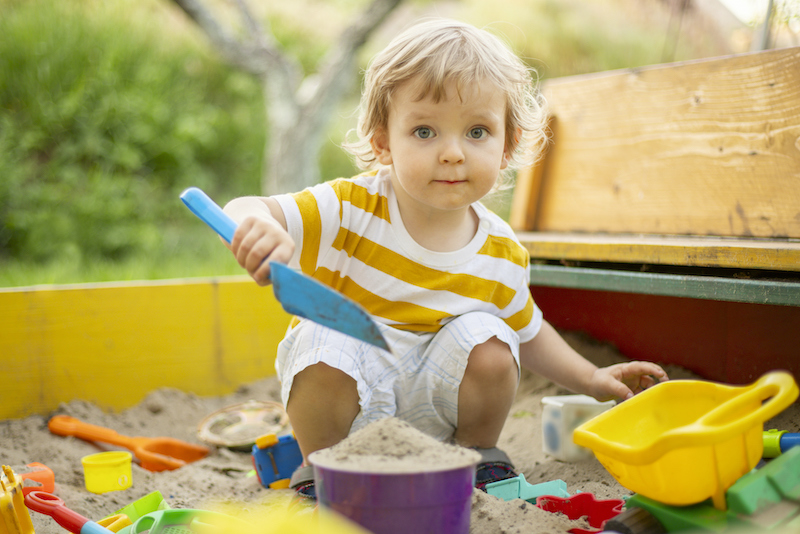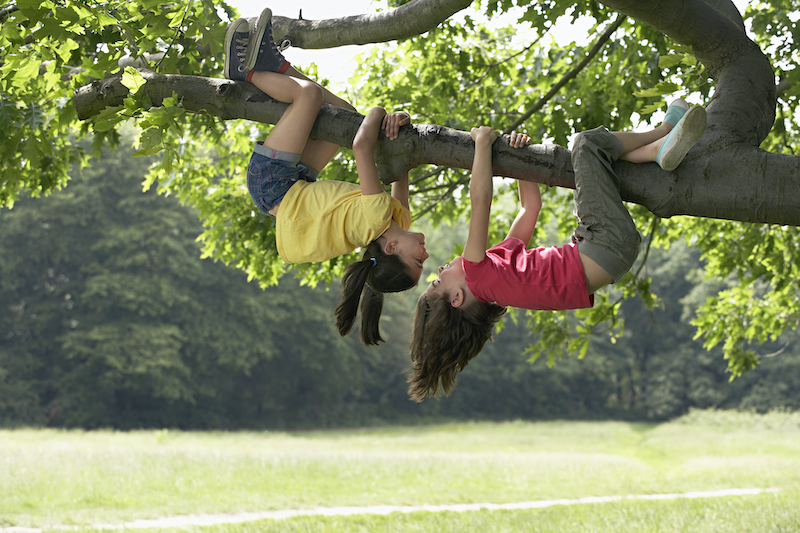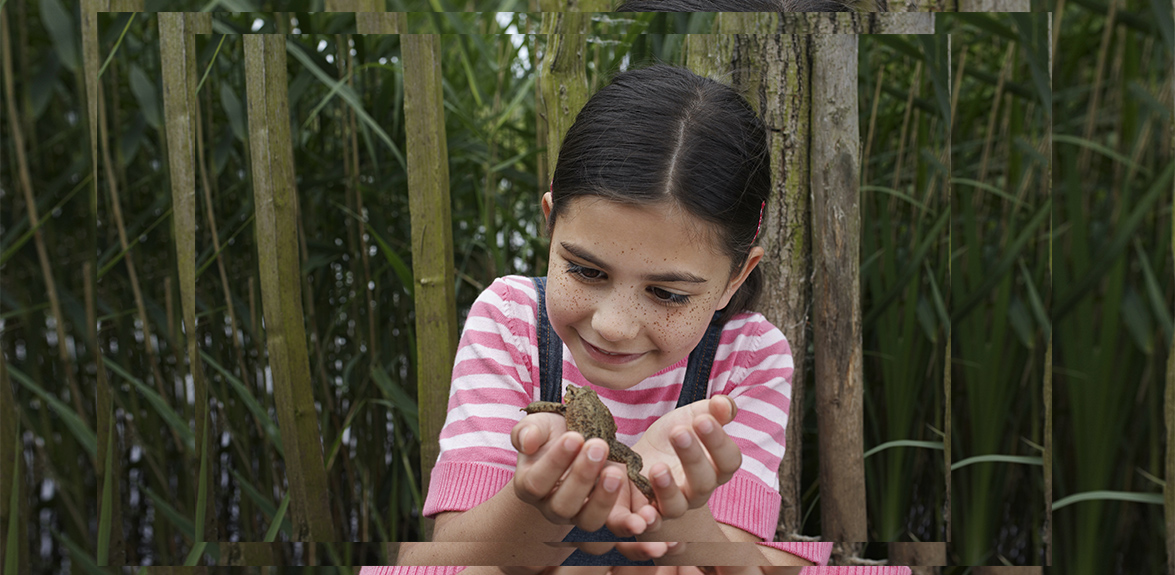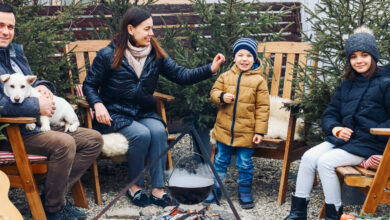Parenting
Climbing Trees & Catching Frogs: Returning to Nature in a Screen-Dominant World
 When you reflect on your childhood summers, what are your favourite memories? Exploring creeks and catching tadpoles? Riding your bike until the streetlights came on? Spinning on playground equipment? Whatever it was, I’m guessing it didn’t involve watching television or playing video games.
When you reflect on your childhood summers, what are your favourite memories? Exploring creeks and catching tadpoles? Riding your bike until the streetlights came on? Spinning on playground equipment? Whatever it was, I’m guessing it didn’t involve watching television or playing video games.

Benefits of Outdoor Play
Study after study shows the benefits of year-round outdoor play, but in our fast-paced world, finding the time to get families outside can be challenging. Many children would prefer to have screen time over outside time when given the choice. Parents and caregivers are also being led to believe that the world is a far more dangerous place now than it was twenty years ago. The fact is, our children are actually safer now than they were in the past.
As an occupational therapist, I focus on the sensory and motor benefits of being outside. Playing outside bathes us in sensory information: the sound of the birds, the sand beneath our feet, the sun in our faces. There’s no better exposure to sensory input than being outside. Walking on uneven surfaces improves our ankle, knee, and hip stability while navigating through the brush improves our body awareness.

Natural Regulator
Core strength is enhanced by climbing trees, interpersonal skills evolve when playing in groups, and a profound respect for nature develops throughout it all. Nature is a natural regulator – if you’re feeling low, it cheers you up; if you’re feeling anxious, it calms you down. It’s a perfect tool to use, so much so that physicians in Europe are prescribing nature to their patients for hard-to-treat chronic illnesses.

Ways to encourage outdoor play:
- Allow children lots of time to explore independently: it takes them at least 45 minutes of adult-free time to fall into deep and meaningful play.
- Create scavenger hunts where children have to find something sticky, yellow, slimy, etc.
- Create artwork using only items found outside.
- Inspire creativity by limiting the amount of adult-imposed rules.
- Encourage children to play in nature: climb trees, jump over brooks, and test their balance on fallen logs. It’s okay if they fall. That’s how they learn the limits of their abilities!

- It’s never too early to introduce the outdoors: infants enjoy crawling in the grass and feeling the sun and wind on their faces. Parents in many Scandinavian countries even put their infants down for naps outside, even in the winter.
- Give children time to resolve conflicts independently before jumping in to settle disputes.
- Give children the tools they need to be successful: educate them about basic first aid, what to do if a stranger approaches them, where their geographical boundaries are when they’re expected home, etc.
- Set screen time limits and stick to them.









